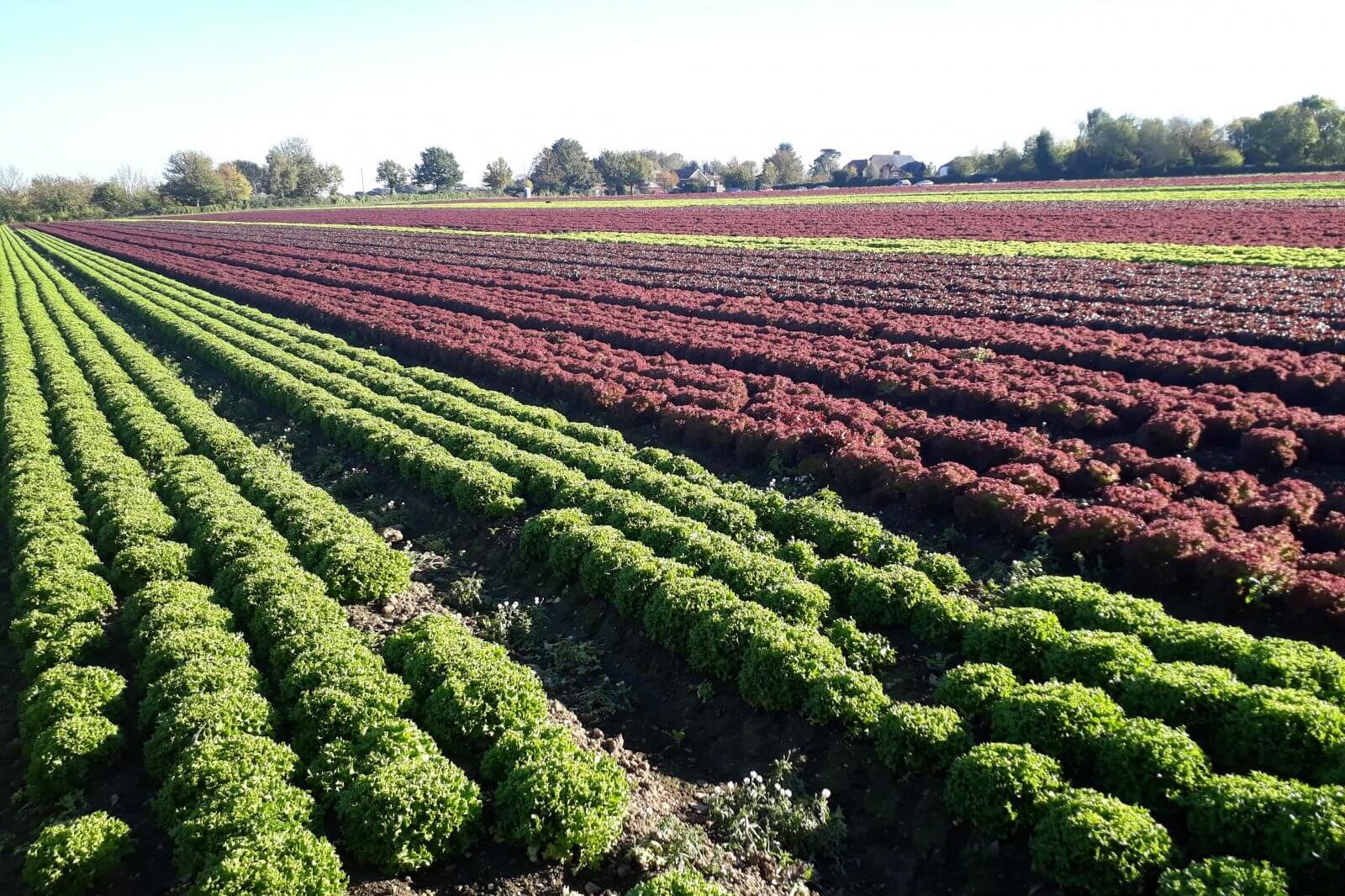
Investing in perennial plants can offer great benefits to African farmers who are looking to achieve future gardening success. Perennial plants are those that live for more than two years and come with extra costs when compared to seeds. For instance, one would need to buy bulbs, potted plants, or trees which cost more than seeds. There is also a need for careful planning with perennial plants, as it is essential to know the soil’s texture, fertility, and drainage to achieve optimal growth.
Perennial crops such as fruits, flowers, vegetables, and herbs offer several advantages due to their multiseasonal and established nature. They contribute to the organic matter, porosity, and water-holding capacity of the soil, leading to better crop outcomes over time. Additionally, their root systems can reach lower-level soil minerals and moisture and establish beneficial relationships with mycorrhizal fungi, making them more drought and disease-resistant.
Perennial crops require less maintenance and pay for themselves over time since they do not require the repeated outlay of money annuals do. Consistent mulching helps maintain these crops by suppressing weeds and conserving moisture. Perennials also extend fresh food eating throughout the year, with some harvested in spring in advance of the annuals found in a typical outdoor garden.
While perennial plants have their benefits, there are also some drawbacks. For instance, many perennial edibles are foreign to the African diet, and some have strong or unique flavors that are not appreciated by everyone. Additionally, some perennials are slow to establish and can take years before it’s time to harvest from them. Perennial areas can foster the growth of perennial weeds, which are tenacious by nature and doubly difficult to be rid of, given the lack of tilling.
Perennial plants need careful placement since they’ll be more or less permanent. One must take their light level, moisture, and soil preferences into account and consider their future size and shape. Permaculture designs are an increasingly popular way to build perennials into your landscape and garden. Plant guilds are based on more than sharing space effectively. Fruit or nut trees form the anchors of the plantings, with herbaceous and vining plants, fruiting canes, and shrubs filling in their understories.
Examples of perennial crops that African farmers can invest in include:
- Bananas: They grow fast and can produce fruit within two years of planting. They require rich soil, plenty of water, and regular feeding.
- Cassava: A drought-resistant crop that can be harvested two to three years after planting. Cassava requires well-drained soil and moderate to high rainfall.
- Pineapple: Pineapples can be grown year-round and require minimal maintenance. They prefer warm temperatures and well-drained soil.
- Coffee: Coffee is a perennial crop that grows in the shade of other trees. It takes about three to four years for coffee plants to begin producing.
- Macadamia nuts: A long-lived crop that can provide a good income for many years. They require well-drained soil and plenty of sunshine.
In conclusion, investing in perennial crops can bring several benefits to African farmers, including increased drought and disease resistance, a more mineral-rich food supply, and a reduced need for intensive watering routines required with annuals. Although there are some drawbacks to perennial crops, careful planning and placement can help farmers overcome these challenges and achieve future gardening success.


















